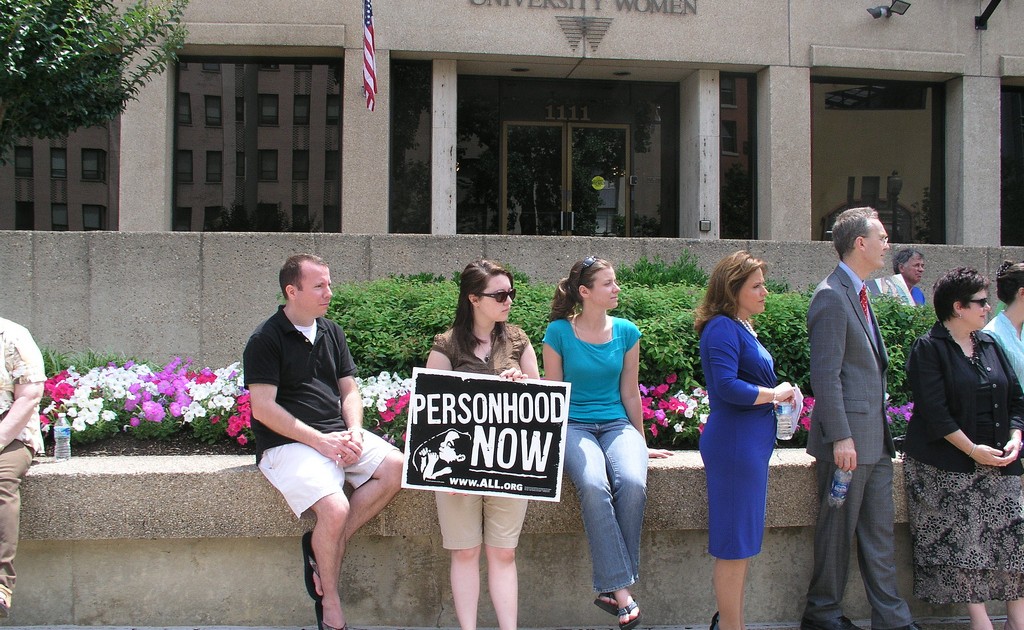The problem with personhood
Officially defining who gets to be called a person under the law has always been a controversial issue. Arguments over the beginning of personhood have defined the abortion debate. The Citizens United ruling has brought corporate citizenship to the forefront of debate. And now Indiana’s new Religious Freedom Restoration Act has brought up the question of the legitimacy of religious personhood.
In short, the thing that made Indiana’s RFRA so controversial is that its definition of personhood changes who can file suits about discrimination. If a religious entity, like a church, counts as a person, then that church can go sue an individual, a corporation, the government or another similar party if the religious entity feels as though it has been or is likely to be “substantially burdened” in their practice of their religion by the other party.
This development raised concerns for LGBT activists who pointed out that this would give religious institutions carte blanche to discriminate against LGBT community members while under the protection of the law. The public was enraged, fusing disparate organizations like the NCAA, Wilco and the several states — New York, Connecticut and Washington — together to protest this act. To stave off controversy, Indiana’s RFRA has since been amended to include specific language that bans discrimination based on gender identity or sexual orientation.
Though many organizations, including the ACLU, argue that there is more to be done in Indiana, the controversy has been effectively laid to rest. The debate for LGBT rights has been effectively reignited in the public’s consciousness, but the debate that should gain equal footing should be the debate over the ethics of personhood.
At the heart of Indiana’s RFRA case, controversy was stirred ultimately by the fact that non-humans are increasingly given rights that should be reserved exclusively to persons. In this case, a line in the sand was drawn: Religious entities should not have the same protections against discrimination as natural persons. But it’s time to draw the line in more places. Should religious entities have any rights at all? If yes, which ones? What about corporations? Organizations? Fetuses? These legal distinctions drastically redefine the way that our society functions on under the law.
It’s far beyond time that people — the kind with two arms, two legs and a beating heart — get involved in the debate.
Sarah Green is a sophomore majoring in economics. Her column, “Power Politics,” runs Mondays.

